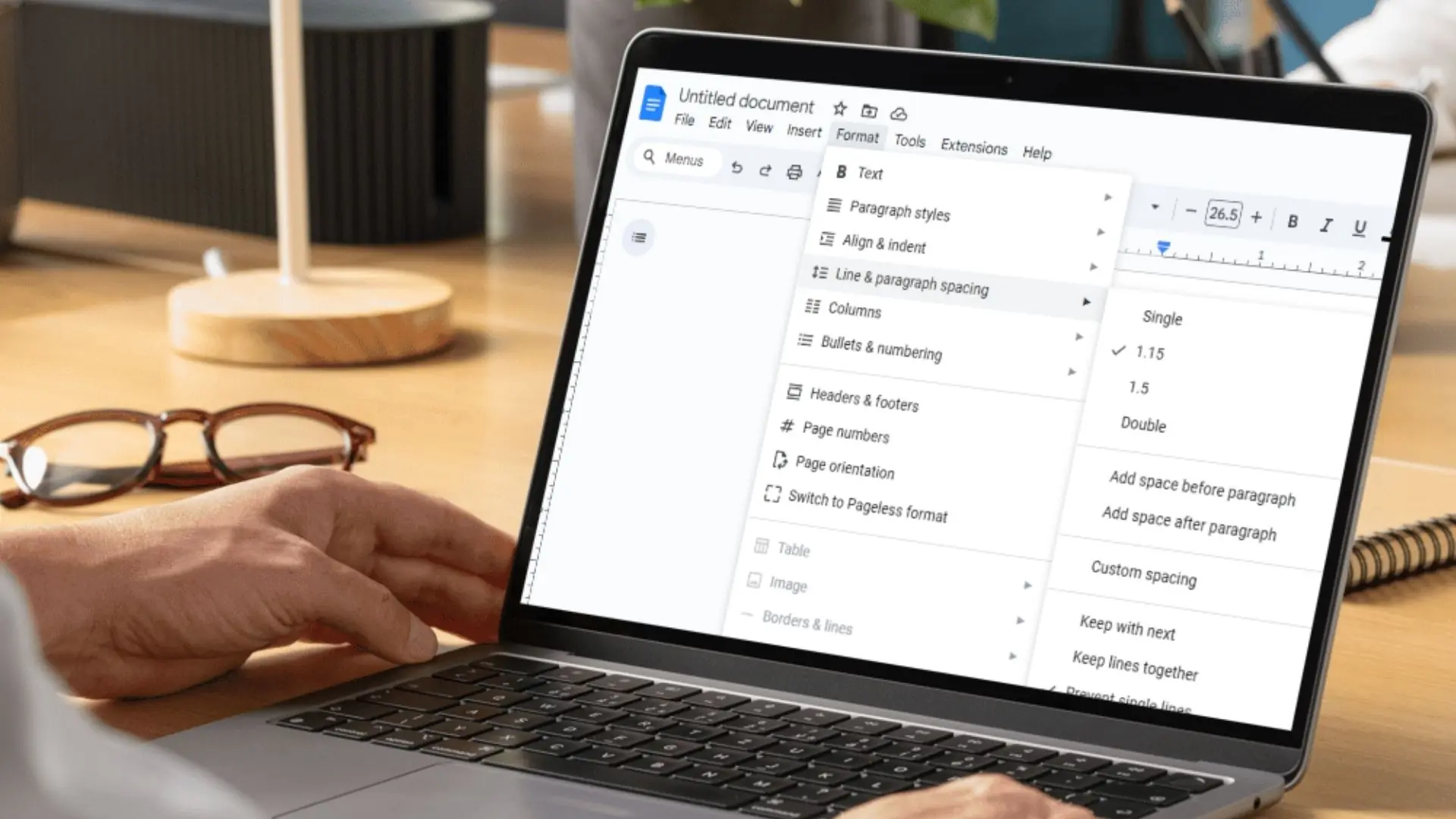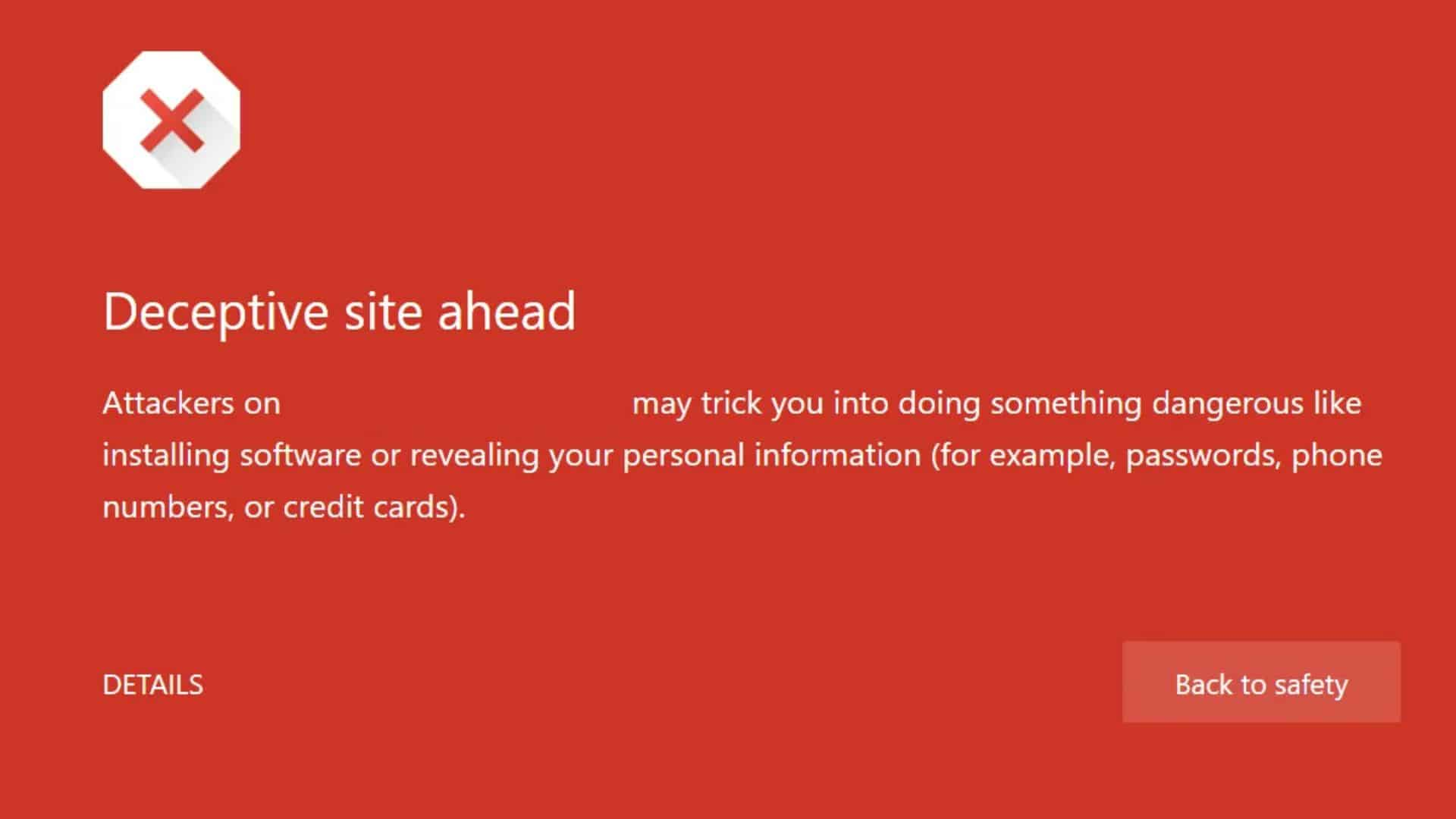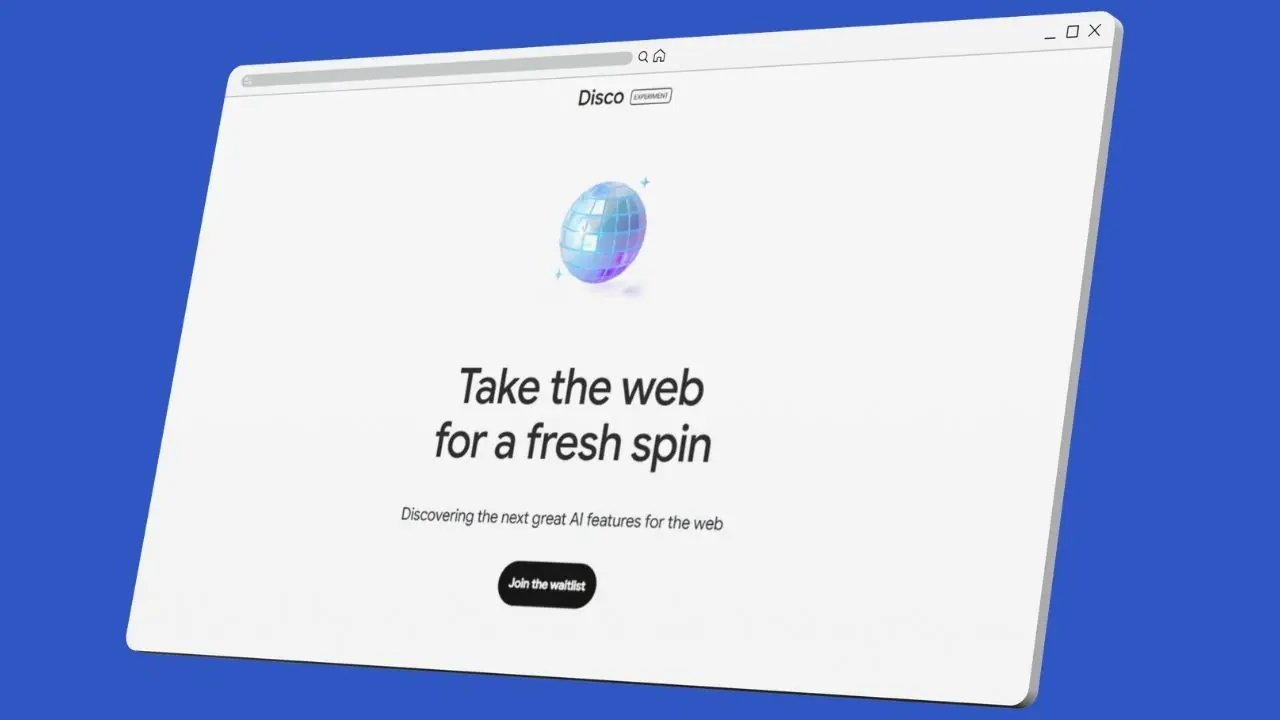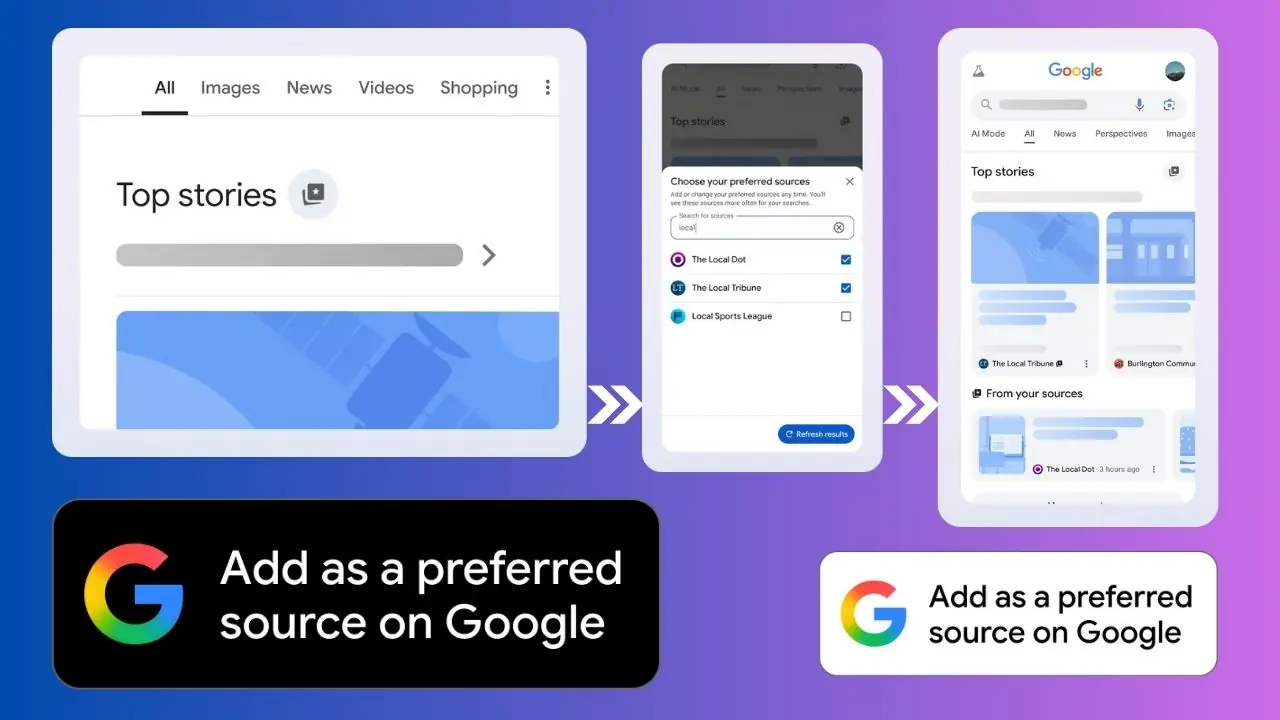In today’s digital world, having a strong online presence is crucial. For a company like Google, it’s even more important. To protect its brand, Google has bought up misspelled versions of its domain. These domains, when typed incorrectly, automatically send users to the official Google homepage. This helps ensure that users always end up on Google’s website, no matter how they type the address.
Why Google Buys Misspelled Domains
Google’s main goal is to protect its brand. Many people accidentally type “google.com” incorrectly. Some might add extra letters or swap letters around. By owning these misspelled domains, Google stops anyone from using them for bad purposes. This also ensures that no matter what users type, they always land on the right page.
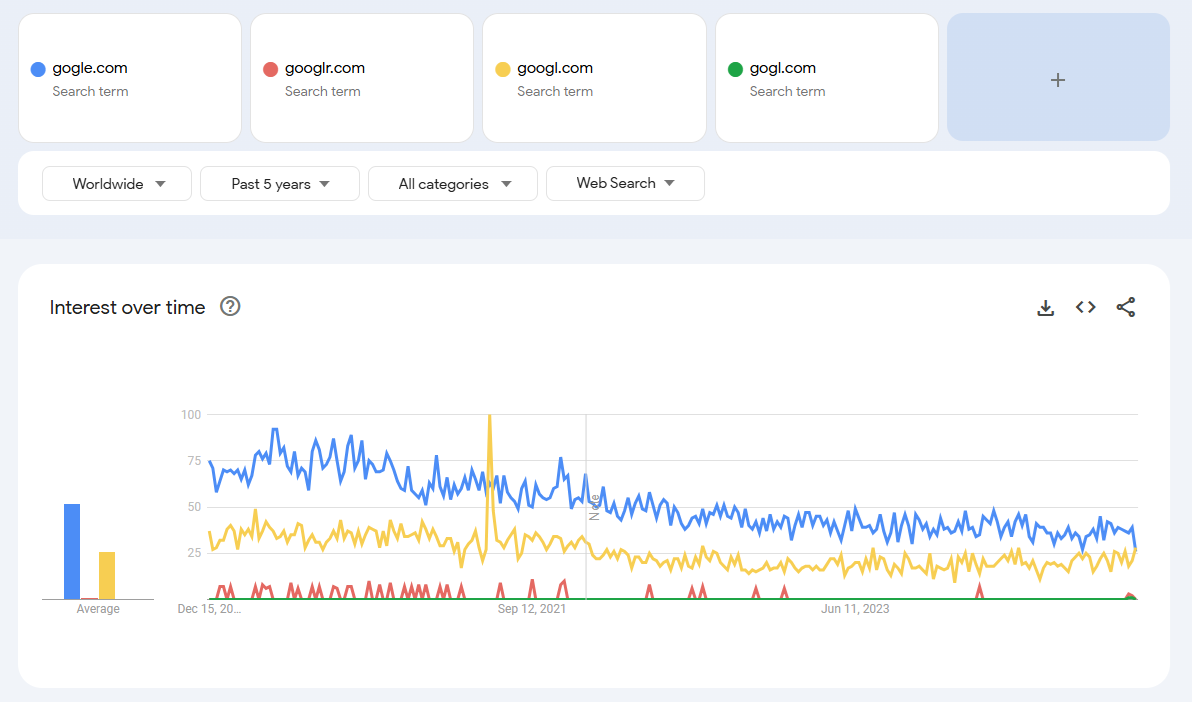
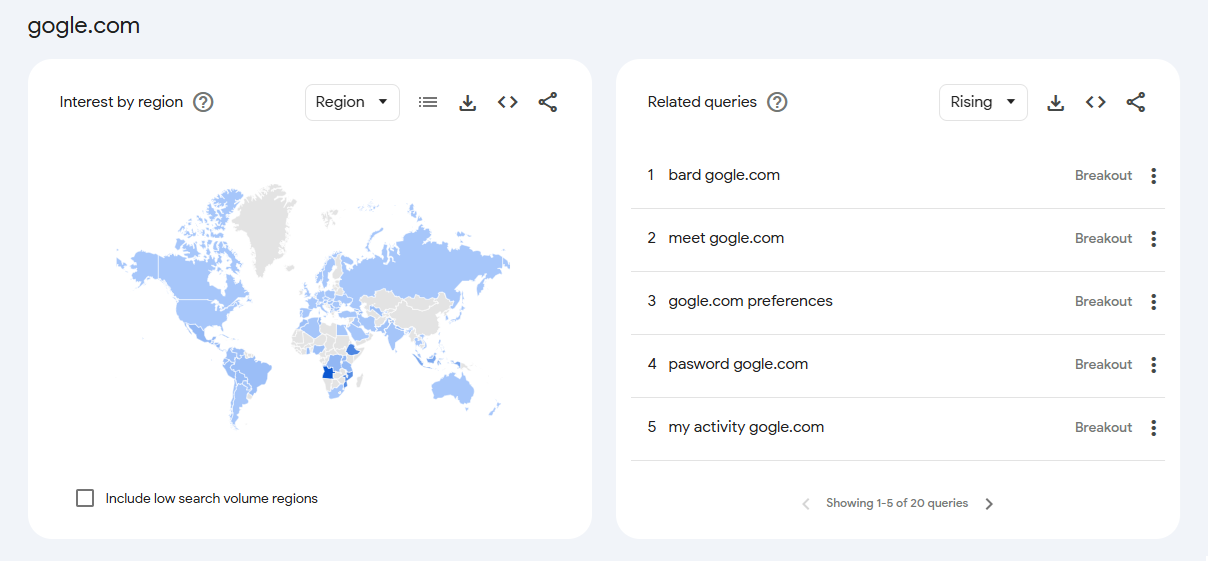
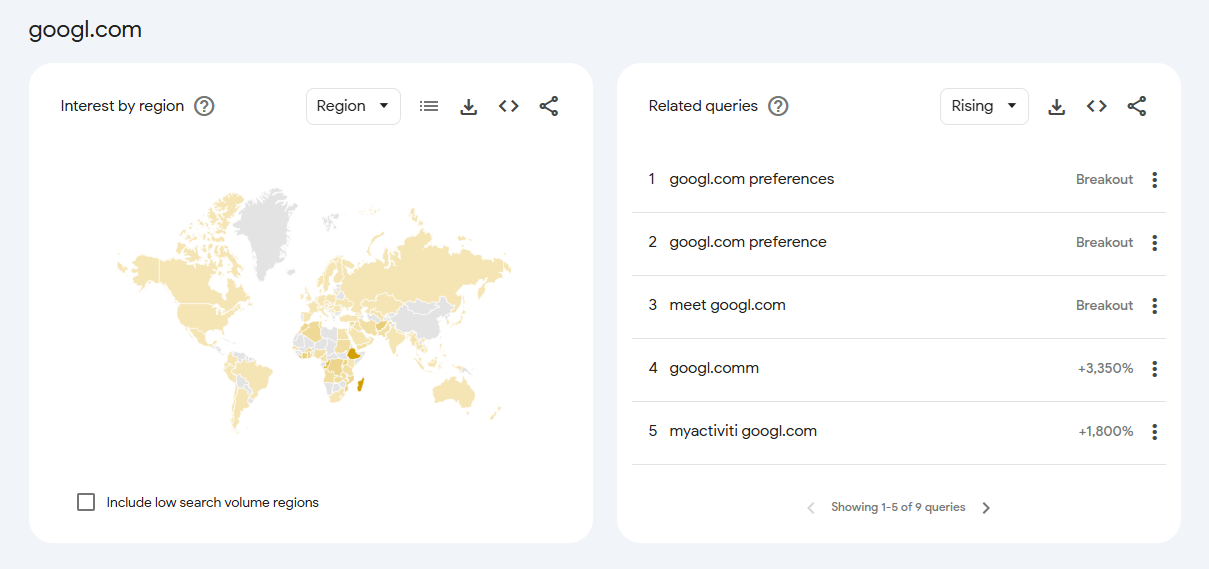
Interestingly, Google Trends shows high interest in domains like gogle.com and googl.com, indicating that many users frequently make these common typing errors. Google’s acquisition of these domains is a way to capture this traffic and prevent any confusion.
Examples of Misspelled Domains Redirecting to Google
Here are a few examples of misspelled domains that Google has acquired:
googlr.com – A simple mistake, replacing “e” with “r,” but it still redirects to the official homepage.
gogle.com – Missing one “o,” this domain also automatically takes you to Google.com.
googler.com – Similar to “google,” but with an extra “r.” It’s now owned by Google, ensuring proper redirection.
gogle.com – This one swaps letters around, but Google controls it, leading users directly to their site.
gooogl.com – With an extra “o,” this misspelling also redirects to google.com.
goggle.com – Google owns to prevent brand confusion, but it does not redirect to the official Google site.
googl.com – Google acquired to redirect users and protect its brand from misspelled variations.
How Google Acquires These Domains
Google acquires these domains through domain registrars or buys them from other owners. Sometimes, Google spots a misspelled domain and buys it before anyone else can. After purchasing them, they are set up to redirect to google.com, keeping the user experience smooth and safe.
The Impact on Users
For users, this strategy is a benefit. If you accidentally type googlr.com or gogle.com, you’ll still end up on the correct page. Google’s control over these domains makes sure no one can misuse them for harmful purposes, like phishing. Instead of taking you to a fake site, they guide you back to the real Google site.
What’s Next for Google and Domain Protection?
As the internet grows, it’s becoming even more important for brands to protect their name online. Google’s strategy is a great example. By buying up these misspelled domains, Google keeps users safe. It also prevents scammers from using those domains to confuse people. More companies may start following Google’s lead to protect their brands.
In Conclusion
Google’s acquisition of misspelled domains is a smart move. It ensures users are always directed to the correct site, even if they type the wrong address. By owning domains like googlr.com, gogle.com, and googler.com, Google safeguards its brand and makes browsing easier for everyone. This proactive strategy helps create a safer, more reliable online experience. Plus, with Google Trends showing high interest in misspelled domains like gogle.com and googl.com, it’s clear that Google’s effort to capture this traffic benefits both the company and its users.


